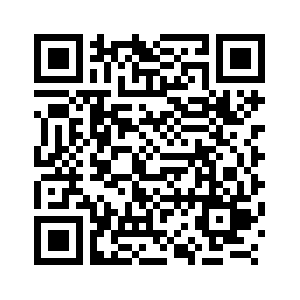BEIJING, Sept. 26 (Xinhua) -- Chinese researchers have developed a digital mask to make anonymity when seeing a doctor come true and save patients' facial privacy, according to a research article recently published in the journal, Nature Medicine.
The face can present a variety of physiological or pathological features of the human body. Thus, facial information is important for clinical diagnosis and the treatment of diseases, including ophthalmology, cardiovascular, and nervous systems.
As the face is one of the most important non-editable biometric information of the human body, it also has the function of identity recognition. So the storage of facial images in medical records poses privacy risks due to the sensitive nature of the personal biometric information that can be extracted from such images.
To minimize these risks, researchers from the universities and institutes such as Sun Yat-sen University and Tsinghua University developed the digital mask, which is based on three-dimensional reconstruction and deep-learning algorithms to irreversibly erase identifiable features, while retaining disease-relevant features needed for diagnosis, said the research article.
In the clinical study to evaluate the digital mask, the new technology fulfills the clinical diagnosis requirement and lowers the identity recognition rate down to 27.3 percent. The identity recognition rate of the traditional masking methods for protecting personal information is currently higher than 90 percent.
The researchers also found that the use of the digital mask increased the willingness of patients with ocular conditions to provide their facial images as health information during medical treatment.
These results indicate that the digital mask has great potential in internet hospitals and telemedicine. ■



